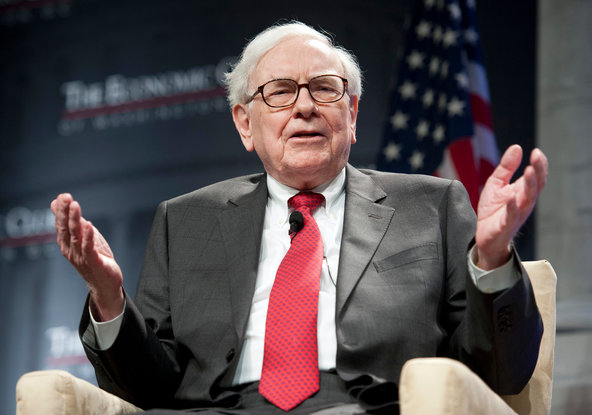Procter Gamble, which acquired Gillette in 2005, said on Monday that it would shift the duties for creating advertising campaigns for the Gillette brand that appear in countries around the world to Grey from BBDO Worldwide.
Procter spends hundreds of millions of dollars each year to advertise the Gillette line of men’s grooming products, including the familiar shaving items like razors and blades. About $150 million a year of that spending takes place in the United States.
BBDO’s relationship with Gillette dates to 1966, when it acquired an agency named Clyde Maxon, which worked on Gillette ads beginning in the 1930s and onward. BBDO helped Gillette introduce products like the Atra, Mach 3 and Fusion razors and blades, and it coined the slogan “The best a man can get” for Gillette in 1989.
The decision by Procter executives to move the account came after a seven-month review that had been narrowed to BBDO Worldwide, part of the Omnicom Group, and two other finalists: Grey, part of the Grey Group division of WPP; and Saatchi Saatchi, part of the Publicis Groupe.
The review began with five agencies, the three finalists along with Publicis Worldwide, also part of Publicis, and Wieden Kennedy.
All five agencies already work for Procter, meaning, in industry parlance, that they are roster agencies for the company. For instance, BBDO also handles assignments for Procter like Braun shavers, the Art of Shaving retail chain and the Venus line of women’s shaving products; those accounts are not affected by the departure of the Gillette account.
Grey adds Gillette to a list of Procter brands for which it creates ads that includes Febreze and Pantene. In a memo to employees, James R. Heekin, chairman and chief executive at the Grey Group, called the decision “sensational news” and a “vote of confidence in Grey from our longtime partner, P.G.”
The change in the status of the Gillette account came as Procter was re-evaluating various aspects of its advertising, marketing and promotional plans during a challenging period for the company. In a statement on Monday, Procter said the review had been spurred by a desire “to generate fresh thinking and uncover new approaches to connecting with men.”
The sluggish economies in many countries, including the United States, mean that consumers are thinking twice before buying even the everyday household staples in which Procter specializes. And Procter has had problems in pricing products, as some brands were being perceived as too expensive for the current economic climate.
Recently the company has run ads playing up the value of its products as well as introducing lower-price versions of premium-price products like Bounty towels and Puffs tissues.
In the case of Gillette, the company has resumed ads for the Mach 3 men’s shaving line, which was superseded by the more expensive Fusion men’s shaving line. And some ads for Fusion have talked about how the blades may not be as expensive as they seem if shoppers consider how long each blade can last.
This article has been revised to reflect the following correction:
Correction: April 29, 2013
An earlier version of this article misstated the finalists after a seven-month review by Procter executives from among five agencies. A third, in addition to BBDO Worldwide and Grey, was Saatchi Saatchi, not Publicis Worldwide.
Article source: http://www.nytimes.com/2013/04/30/business/media/after-decades-gillette-and-bbdo-ad-agency-part-ways.html?partner=rss&emc=rss
